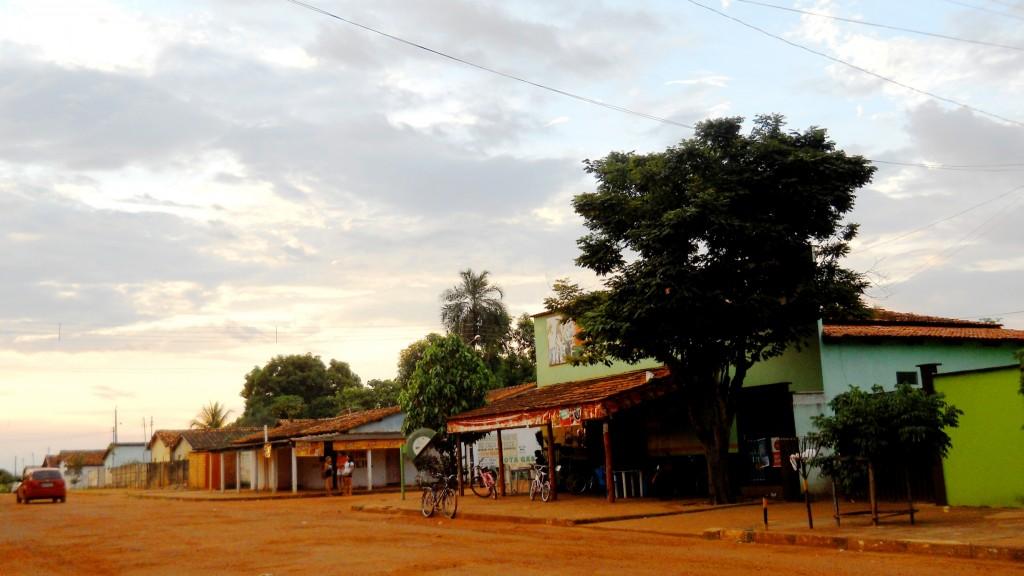October 8, 2025
October 8, 2025
October 8, 2025
October 8, 2025
October 8, 2025
SUBSCRIBE TO THE OBSERVER'S WEEKLY NEWSLETTER:
October 8, 2025
October 8, 2025
October 8, 2025
October 8, 2025
October 8, 2025
SUBSCRIBE TO THE OBSERVER'S WEEKLY NEWSLETTER:









